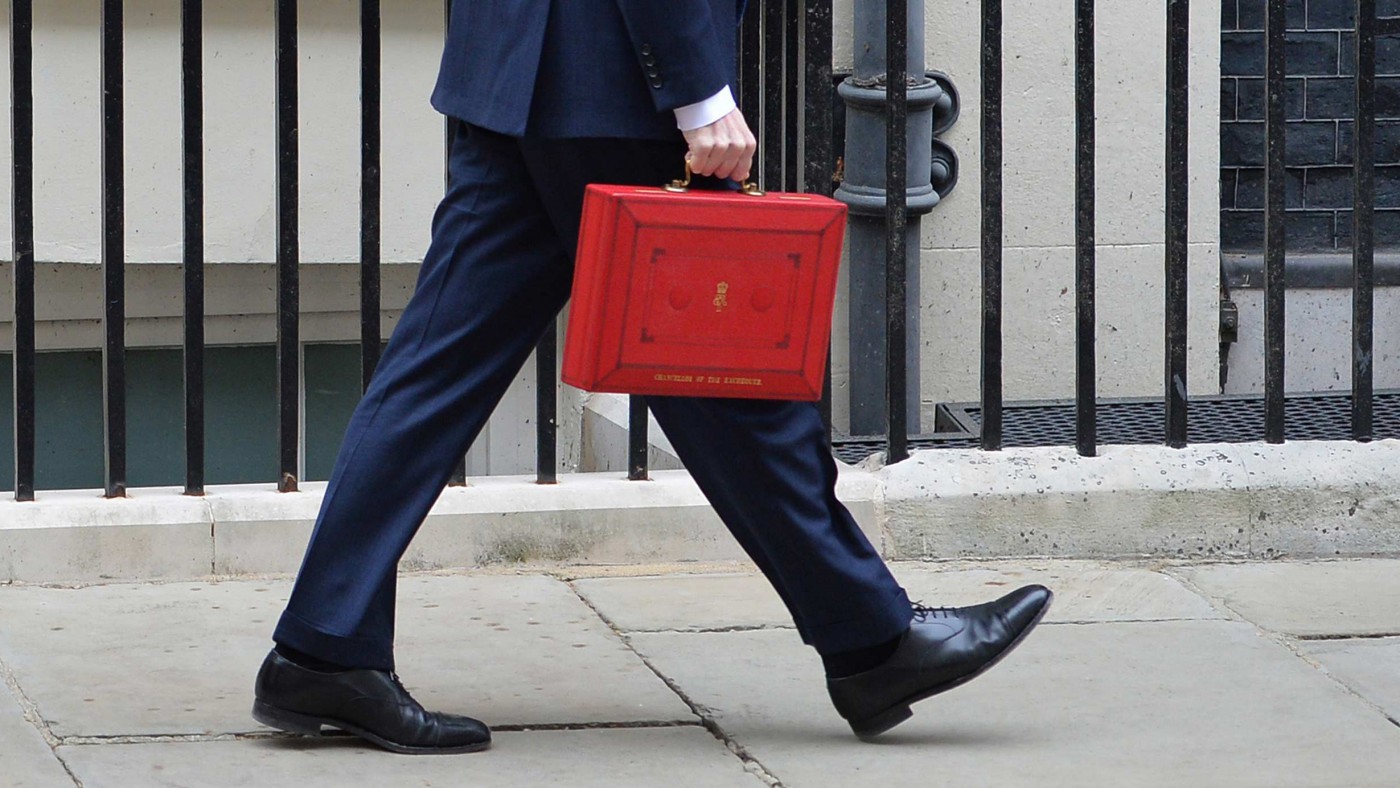UK Chancellor George Osborne delivered his second budget this year, and the first presented by a Conservative majority government since 1996. Here are the main highlights:
(i) Public borrowing
- The deficit will be cut at same pace as during last Parliament, securing a budget surplus in 2019-20 of £10bn (0.4% of GDP), a year later than planned in the March budget.
- According to the OBR (Office for Budget Responsibility), there are £47.2bn of additional taxes being raised over this parliament
- There will be a further £37bn of further spending cuts before 2020, including £12bn of welfare cuts and £5bn from tax avoidance.
- Surpluses of 0.5% of GDP will be run thereafter, so long as the economy grows at a rate faster than 1%.
- Debt as a share of GDP will fall in each of the next five years, from 80.3% this year to 79.1%, 77.2%, 74.7%, 71.5% and 68.5% in successive years.
(ii) Wages and income taxes
- A new “national living wage” for workers over the age of 25 will be introduced next April and be set at £7.20 an hour, rising to £9.35 by 2020.
- The government will ask the Low Pay Commission to ensure that the NLW reaches 60% of median earnings by 2020 and stays there thereafter.
- Inheritance tax threshold will be increased to £1m from 2017.
- The personal income tax allowance will rise to £11,000 next year, and the threshold for paying the higher 40p rate will rise from £42,385 to £43,000 next year and to £50,000 by 2020.
(iii) Welfare
- Working-age benefits, including tax credits and local housing allowances, are to be frozen for four years.
- The withdrawal rate for in-work tax credits will be reduced from £6,420 to £3,850, and the taper rate will rise to 48%.
- Tax credits and Universal Credit will be restricted to two children, for those born after April 2017.
- Higher-income households in social housing will now pay rents at the market rate.
- The annual household benefit cap will be reduced to £23,000 in London and to £20,000 in the rest of Britain.
(iv) Business
- Corporation tax to be cut to 19% in 2017 and 18% in 2020.
- National Insurance employment allowance for small firms will be increased by 50% to £3,000 from 2016 to offset the impact of the national living wage
- A new apprenticeship levy will be imposed on large employers to encourage them to invest in apprenticeships for young people
- The bank levy, which is one of the gripes of rate to be gradually reduced over the next six years and a new 8% surcharge on bank profits introduced from January 2016
(v) Other
- The NHS will receive a further £8bn by 2020 (in addition to the £2bn already announced).
- Student maintenance grants to be replaced with income-contingent loans of up to £8,200 from 2016-17.
- The government has committed to spending the Nato target of 2% of GDP on defence every year.
- The “Rent-a-room relief scheme” will rise to £7,500, providing a boost to those who let out their rooms using sharing economy sites such as AirBnB and Spareroom.
- £7.2bn to be raised from clampdown on tax avoidance and tax evasion with HMRC budget increased by £750m.
- Permanent non-dom status will be abolished in April 2017. Anyone who has lived in the UK for 15 of the past 20 years will pay same level of tax as other UK citizens, and non-dom status can no longer be passed down to children


